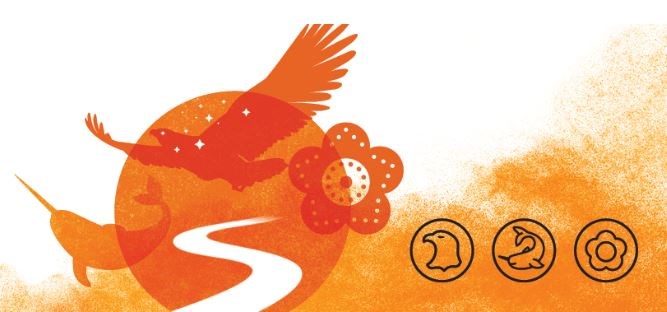The Métis Nation of Ontario (MNO) reminds us that many Métis children attended residential schools, a fact often overlooked, emphasized Hank Rowlinson, the chair of the MNO. “It’s indisputable that Métis children were subjected to the residential school system and that they suffered the same tragedies as the First Nations did.”
Incomplete records, conflicting regulations and inaccurate status accounts are the main reasons Métis children “have regularly been omitted from the Residential School narrative,” the MNO clarified, and because of those poor records, “it is impossible to know exactly how many Métis children attended residential schools.”
“We have generational survivors whose parents have gone to the residential schools who were Métis,” Rowlinson said. “We listen to their stories,” he said, but as far as the government is concerned, “we’ve pretty much been left out of the process” of Truth and Reconciliation.
See: Nipissing First Nation commemorates Truth and Reconciliation Day
“We advocate for those families and children to be included and reconciled.” He mentioned that some of these schools were provincially funded, and many schools were “built specifically for Métis.” Provincial governments and school boards “were often unwilling to build schools in Métis communities, or to allow Métis students to attend public schools,” Rowlinson said, so “parents often had no choice” but to send their kids to residential schools or day schools if they wanted them to receive an education.
Ideally, both federal and provincial governments will “continue to work with Métis governments like the MNO and support our ongoing efforts for self-government and meet and implement the remaining TRC calls to action.”
The MNO would like to see the government “create a process to engage with Métis governments across Canada,” on the issue, “and ensure that the Métis experience within residential schools—boarding and day schools—is finally told and addressed.”
“It’s a process, and we’re slowly getting there,” Rowlinson said. The National Day for Truth and Reconciliation does help to focus on the issue, providing “an opportunity for all Canadians to consider what each of us can do to advance reconciliation with all Indigenous people.”
“It’s all about educating not just Indigenous people but Canadians as a whole,” Rowlinson said, and shed more light on a dark history that’s “long been misunderstood or ignored.”
David Briggs is a Local Journalism Initiative reporter who works out of BayToday, a publication of Village Media. The Local Journalism Initiative is funded by the Government of Canada.



